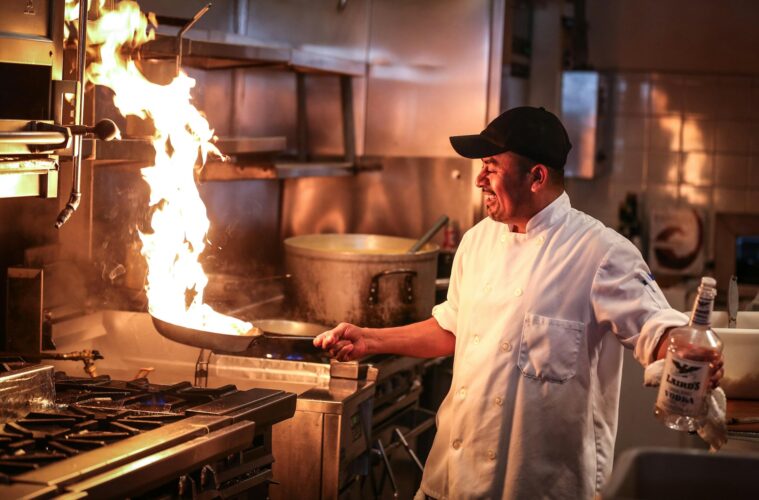In the vibrant landscape of the 21st century, the chef profession has undergone a significant transformation, evolving from the traditional confines of kitchen walls into a dynamic and celebrated career path. This article explores the multifaceted journey of chefs, their burgeoning roles in society, and how changes in technology, culture, and consumer preferences have redefined what it means to be a chef today.
The rise of celebrity chefs and media influence
The early 2000s marked the advent of the celebrity chef era, a pivotal moment that catapulted chefs into the limelight, far beyond the stainless steel counters of their kitchens. Icons like Gordon Ramsay, Jamie Oliver, and Nigella Lawson became household names, thanks to the explosive growth of cooking shows, food networks, and social media platforms. This media revolution not only changed public perception of the culinary arts but also opened new avenues for chefs to showcase their talents, personalities, and culinary philosophies to a global audience.
Technological advancements and culinary innovation
Technology has played a crucial role in the evolution of the chef profession. From sous-vide machines to molecular gastronomy and 3D food printing, chefs now have an arsenal of advanced tools at their disposal to push the boundaries of creativity and flavour. Furthermore, digital platforms and social media have democratised culinary education, allowing budding chefs and food enthusiasts to learn and draw inspiration from the comfort of their homes. This era of culinary innovation has fostered a culture of continuous learning and experimentation, enabling chefs to craft unique dining experiences that challenge traditional tastes and expectations.
The shift towards sustainability and ethical cooking
The 21st century has also seen a significant shift towards sustainability and ethical cooking practices. Chefs are increasingly adopting farm-to-table philosophies, emphasising local sourcing, seasonality, and environmental stewardship. This movement has not only influenced menu designs and food-sourcing strategies but has also raised consumer awareness about the impact of food choices on the environment and local communities. By championing sustainable practices, chefs play a critical role in promoting a more responsible and conscientious food culture.
Culinary education and professional development
The pathway to becoming a chef has diversified, with culinary education institutions expanding their curricula to include not just cooking techniques but also business management, food science, and sustainability courses. This holistic approach prepares aspiring chefs for the multifaceted challenges of the modern culinary world, equipping them with the skills necessary to navigate the complexities of running a kitchen, managing finances, and understanding the global food system. Additionally, the proliferation of online courses and workshops has made culinary education more accessible, enabling a wider audience to pursue their passion for cooking.
The economic aspect
An important aspect of the chef profession’s evolution is the economic perspective, particularly in terms of chef salary. While the allure of becoming a chef has grown, it’s essential to recognise the financial realities of the culinary industry. Chef salaries can vary widely, influenced by factors such as geographical location, type of establishment, experience, and reputation. Although top celebrity chefs may earn substantial incomes, many working chefs face the challenge of balancing their culinary aspirations with economic viability. Nevertheless, the increasing recognition of culinary arts as a profession and the expansion of culinary business opportunities continue to open new avenues for financial growth and stability for chefs.
The future of the chef profession
Looking ahead, the chef profession is poised for further evolution. As global cuisines become more interconnected and consumer preferences continue to shift towards health-conscious and ethically sourced foods, chefs will play an instrumental role in shaping the future of dining. Moreover, the integration of technology and artificial intelligence in the kitchen promises to redefine culinary practices, offering new opportunities for innovation and creativity.
In conclusion, the 21st century has witnessed a remarkable evolution of the chef profession, marked by celebrity status, technological advancements, a commitment to sustainability, and a broadening of educational pathways. As society continues to place a higher value on culinary arts, chefs are increasingly recognised not just as craftsmen of food but as influential figures shaping food culture, sustainability, and dining trends. The journey of the chef profession, steeped in tradition yet constantly adapting to the pulse of modernity, exemplifies a culinary renaissance that continues to inspire and captivate the imaginations of food lovers around the world.




